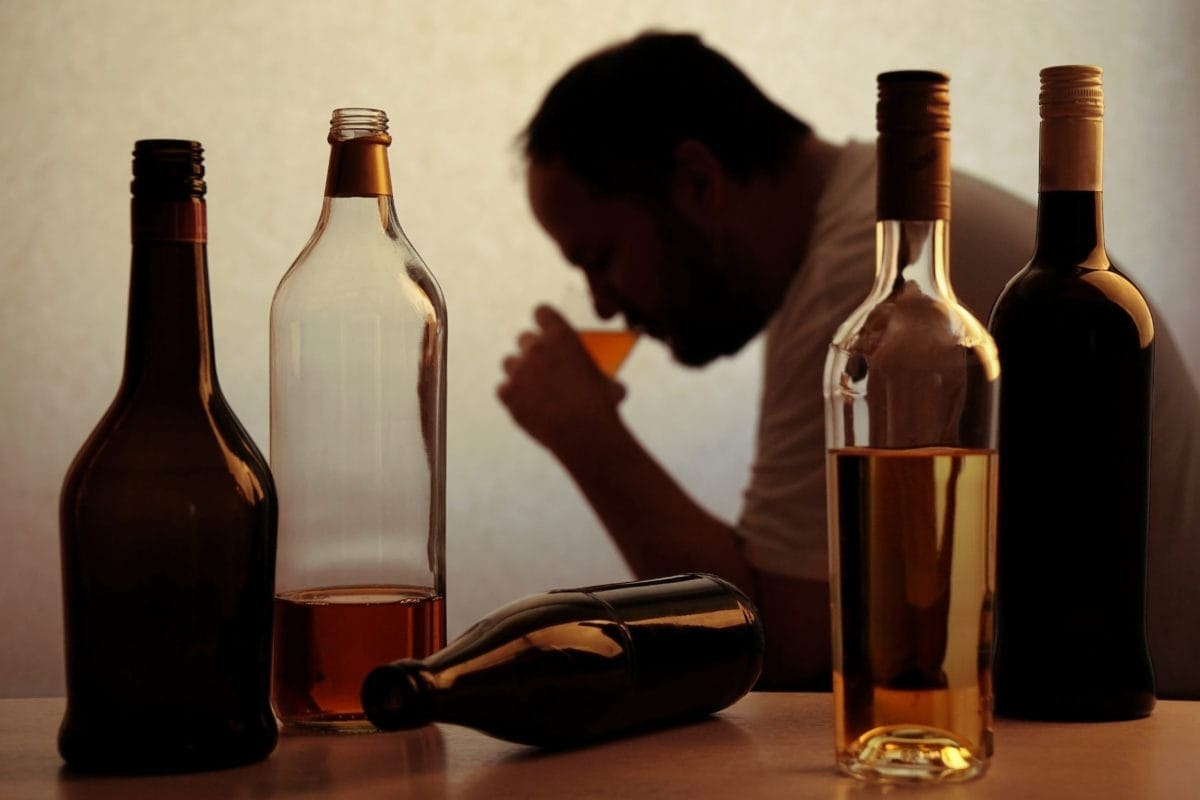
It is harder for men to admit that they are depressed. Instead, they are more likely to hide their illnesses behind alcohol, drugs, or aggressive behavior. But what they don't know is that alcohol aggravates (makes) depression. Read on to find out why alcohol and depression are not a good combination.
“Alcoholic me? But having a couple of drinks won't hurt anyone! Julio said when asked if he had a problem with drinks. It's true, “a couple of drinks” can even have health benefits. But no more than that. This excuse is frequently used by men who seek tranquility in alcohol to hide their depression, which in reality puts them at risk of developing an addiction that they cannot control later.
Many men look for an escape from their problems in alcoholic beverages. Because? Alcohol affects the central nervous system and acts as a depressant, which is why it reduces anxiety, inhibitions and tension. However, it also has negative effects. A few drinks can modify behavior, decrease balance (the balance of the body when walking) and the ability to think clearly. In addition, they can alter concentration and ability to discern. Drinking too much can cause intoxication (drunkenness), and when drinking alcoholic beverages becomes a habit it can lead to alcoholism.
Sometimes, alcoholism can come hand in hand with another condition, such as depression, which it somehow hides. While this can happen to both men and women, there is a general misconception that depression is something that tends to happen to women. For this reason, men are more likely to not admit that they have emotional problems, and that is when they run the risk of hiding them behind alcohol. Furthermore, those who are very depressed or suffer from anxiety disorders (such as panic or social phobia) and drink frequently are more likely to be dominated by alcohol (as well as to acquire other types of addictions, such as tobacco).
Statistics indicate that a large percentage of alcoholics suffer from some psychiatric disorder. But at the same time, some studies indicate that long-term alcohol dependence produces this type of emotional disorders. Therefore, it is sometimes difficult to determine whether the drink is used to reduce depression or if it is the cause.
So if you think that drinking alcohol helps you get out of depression, think again. In most cases, men who suffer from depression (and anyone in general) should stay away from alcohol for several reasons:
- As I mentioned before, alcohol causes depression and can make sadness and anxiety worse.
- It can be dangerous if you are taking medications for depression because it can cause harmful interactions.
- Alcohol affects the ability to fall asleep, which is also worsened by depression.
- Alcohol affects perception and the ability to judge different situations.
Therefore, if you (or a family member) abuse alcoholic beverages, you should seek professional help before this begins to affect all aspects of your life. There are those who say that since men have been trained not to cry, they seek relief in a substance that makes them forget what worries them. Others say they drink to drown their sorrows...but sorrows learn to swim. If you are depressed, seek professional help, it is the best therapy and much healthier than getting blackout drunk.
PRONAPRESA
"Because prevention is better than cure"





















































